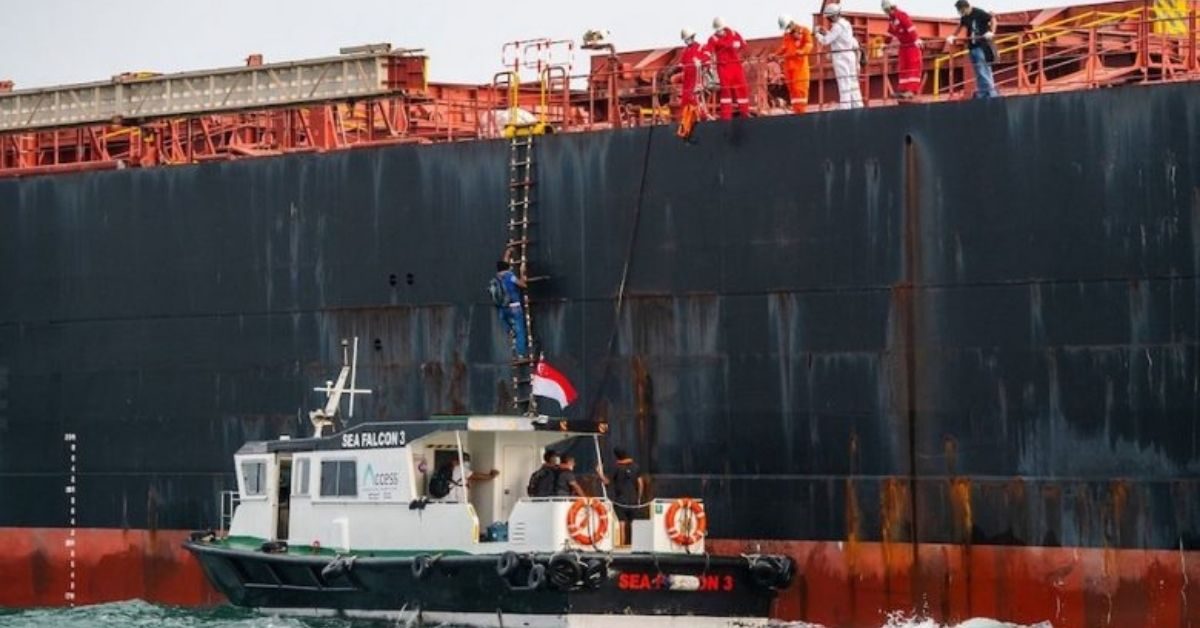The crew change crisis is worsening once again with thousands more workers at sea working beyond their contracted times.
At its peak in the middle of last year there were more than 400,000 crew who were working beyond their contract times, a figure that had gradually been cut in half, but has over the past two months started to rise rapidly based on data from the world’s top 10 shipmanagers.
The Maritime Labour Convention states that the maximum continuous period a seafarer should serve on board a vessel without leave is 11 months. Many thousands of crew have now been at sea for more than a year.
“The situation is going from bad to worse. We need more than lip service from governments, we need concrete action that allows crew changes to be carried out in a safe manner,” commented Stephen Cotton, general secretary, International Transport Workers’ Federation.
The situation is going from bad to worse. We need more than lip service from governments Guy Platten, secretary general of the International Chamber of Shipping, said resolving the crew change crisis requires all seafarers to have priority access to vaccines.
While there has been some progress on this front, for instance in the United States and in parts of Europe, the vast majority of seafarers are still unable to be vaccinated.
Shipmanagers who have contributed data to the Neptune Declaration Crew Change Indicator, which gives an indication of the worsening situation at sea, reported today on reasons for the spiralling numbers of crew struggling to get home on time.
Continual high infection rates and subsequent domestic lockdowns are still challenging crew changes and causing disruption to crew movements.
A decrease of daily inbound flights to the Philippines as well as the travel ban announced by Philippine government for seafarers traveling from the UAE, Oman, Nepal, Bangladesh, Sri Lanka, Pakistan are causing a general disruption to the crew movements.
Travel restrictions continue to prevent seafarers from going back home and many flights have been cancelled.
Leading maritime crew nations continue to have low vaccination rates and seafarers continue to have limited vaccine access.
Costs are rising in the crewing sector and crew shortages are beginning to be seen as Covid-19 travel restrictions and vaccination delays impact the availability of trained seafarers, Danica Crewing Services warned this week.
“Not unexpectedly – and as in freight markets – when there is a shortage the cost goes up and we now see shipping companies offering salaries 10-20% higher than the average market levels or providing a high joining bonus,” commented Henrik Jensen, Danica’s managing director.
More than 4,000 people have signed an online petition created by shipping veteran Frank Coles to establish an enforceable global protocol for so called green channel travel for seafarers.
“Normally at sea for around eight months at a time many [seafarers] have been forced to spend 16 or more months at sea during Covid. Countries have closed their borders, flights stopped and extremely taxing rules put in place for any travel. This has placed an extraordinary strain on mental welfare of the mariners. It has also put the safety of ships at risk,” reads the petition launched a few days ago via the site change.org.
Source : Splash24/7







